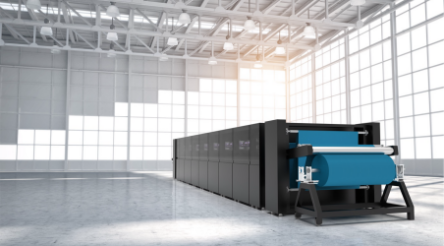Swinburne coffee waste research reaches IP licensing stage

Swinburne University of Technology research led by engineering Senior Lecturer Dr Yat Wong (pictured), concerning processing coffee grounds into greener building products, is the subject of a new IP licensing deal with Green Brick.
According to a statement from the university on Friday, the novel bricks including coffee waste and an alkali activator can be baked at 200 degrees Celsius or “80 per cent lower than traditional firing temperatures”.
“It’s lighter on energy, faster to produce, and designed to reduce electricity-related CO₂ emissions by up to 80 per cent per unit,” said Wong.
Besides energy- and emissions-savings benefits, there were claimed improvements in throughput as well as the bricks being “double the Australian minimum standard for strength”.
“For the last century, materials have been judged by one thing: cost per square metre, but in the next chapter, we’ll judge them by carbon, transparency, and circularity,” said Green Brick founder Philip Ng.
“And those metrics favour a whole new kind of product.”
Picture: supplied
Further reading
University team explores use of coffee waste in building products
The New Reinventors: remaking steelmaking with wood waste
@aumanufacturing Sections
Analysis and Commentary Awards casino reviews Defence Gambling Manufacturing News Online Casino Podcast Technology Videos





